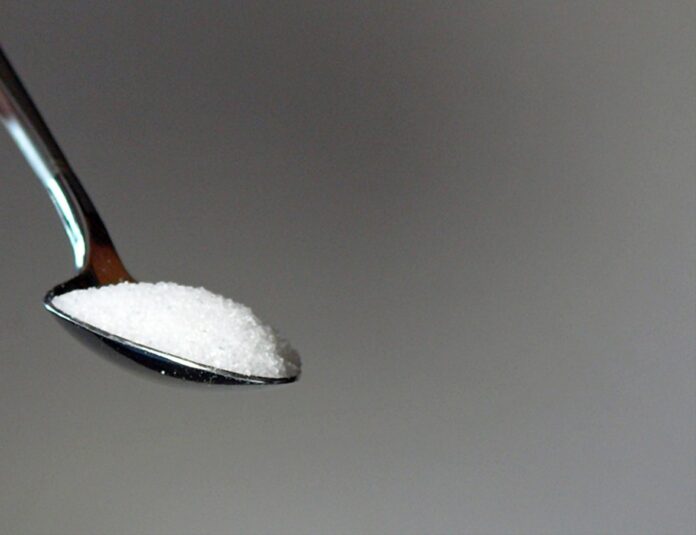The Science Behind Sweeteners: How They Provide Sweetness Without Sugar
Introduction
Sweeteners are substances used to provide a sweet taste to food and beverages without the use of sugar. They are commonly used in a variety of products, from diet sodas to sugar-free desserts. But how do sweeteners work, and what exactly makes them sweet without the calories of sugar? In this report, we will delve into the science behind sweeteners and explore how they provide sweetness without sugar.
Types of Sweeteners
There are several types of sweeteners available on the market, each with its own unique properties and uses. Some common types of sweeteners include artificial sweeteners, natural sweeteners, and sugar alcohols. Artificial sweeteners, such as aspartame and sucralose, are synthetic compounds that are much sweeter than sugar but contain zero calories. Natural sweeteners, like stevia and monk fruit extract, are derived from plants and provide sweetness with fewer calories than sugar. Sugar alcohols, such as erythritol and xylitol, are sugar substitutes that contain fewer calories than sugar and have less of an impact on blood sugar levels.
How Sweeteners Work
Sweeteners work by stimulating the taste buds on our tongues that are responsible for detecting sweetness. When we consume a sweetener, it binds to specific receptors on the taste buds, sending a signal to the brain that we are tasting something sweet. The brain then interprets this signal as sweetness, even though the sweetener itself may not contain any sugar. This is why sweeteners can provide a sweet taste without the calories of sugar.
The Role of Sweeteners in the Food Industry
Sweeteners play a crucial role in the food industry, allowing manufacturers to create low-calorie and sugar-free products that still taste sweet. This is particularly important for consumers who are looking to reduce their sugar intake for health reasons. Sweeteners are used in a wide range of products, including diet sodas, sugar-free candies, and low-calorie desserts. They also play a role in food preservation, as sweeteners can help extend the shelf life of certain products.
Financial Data and Industry Insights
The global sweeteners market is a multi-billion-dollar industry that continues to grow year over year. According to a report by Grand View Research, the global sweeteners market size was valued at $68.7 billion in 2020 and is expected to reach $101.9 billion by 2028, with a CAGR of 5.1% during the forecast period. This growth is driven by increasing consumer demand for low-calorie and sugar-free products, as well as advancements in sweetener technology.
Some key players in the sweeteners market include Tate & Lyle, Cargill, Ingredion, and Roquette. These companies produce a wide range of sweeteners for use in various food and beverage products. Tate & Lyle, for example, is a leading global provider of sweeteners and other ingredients, with a focus on innovation and sustainability. Cargill is another major player in the sweeteners market, offering a range of sweetener solutions for the food and beverage industry.
Conclusion
In conclusion, sweeteners provide sweetness without sugar by stimulating the taste buds on our tongues and sending signals to the brain that we are tasting something sweet. They play a crucial role in the food industry, allowing manufacturers to create low-calorie and sugar-free products that still taste sweet. The global sweeteners market is a growing industry, driven by consumer demand for healthier alternatives to sugar. Overall, sweeteners offer a sweet solution for those looking to enjoy the taste of sweetness without the calories.




